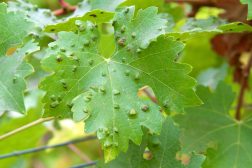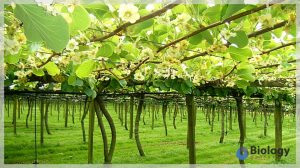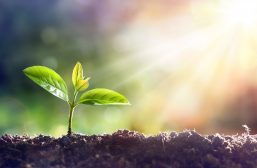Agent
(Science: pharmacology) Any power, principle or substance capable of producing an effect, whether physical, chemical or biological.
Origin: L. Agens = acting
You will also like...

Growth and Plant Hormones
Plants, like animals, produce hormones to regulate plant activities, including growth. They need these hormones to respond well to their environment and to sustain growth, development, and dispersal. Plant biologists recognize five major groups of plant hormones: auxins, gibberellins, ethylene, cytokinins, and abscisic acid. Find out in this guide the importance of each hormone in the life of a plant...

Plant Cell Defense
Plants protect themselves by releasing hydrogen peroxide to fight against fungal invasion. Another way is by secreting compounds, such as lignin, ethylene, galls, and tannins. Find out how these mechanisms protect the plants from pathogens...

Biosecurity and Biocontrol
This lesson explores the impact of biosecurity threats, and why they need to be identified and managed. Examples to include are cases of the bacterium PSA causing disease on kiwifruits, myrtle rust, and biological control...

Homeostatic Mechanisms and Cellular Communication
Homeostasis is the relatively stable conditions of the internal environment that result from compensatory regulatory responses performed by homeostatic control systems. Know the different components of homeostatic control systems, homeostatic regulators, and the various biological processes that homeostasis entail...

Respiration
The human respiratory system is an efficient system of inspiring and expiring respiratory gases. This tutorial provides details of the different parts and functions of the respiratory system...

